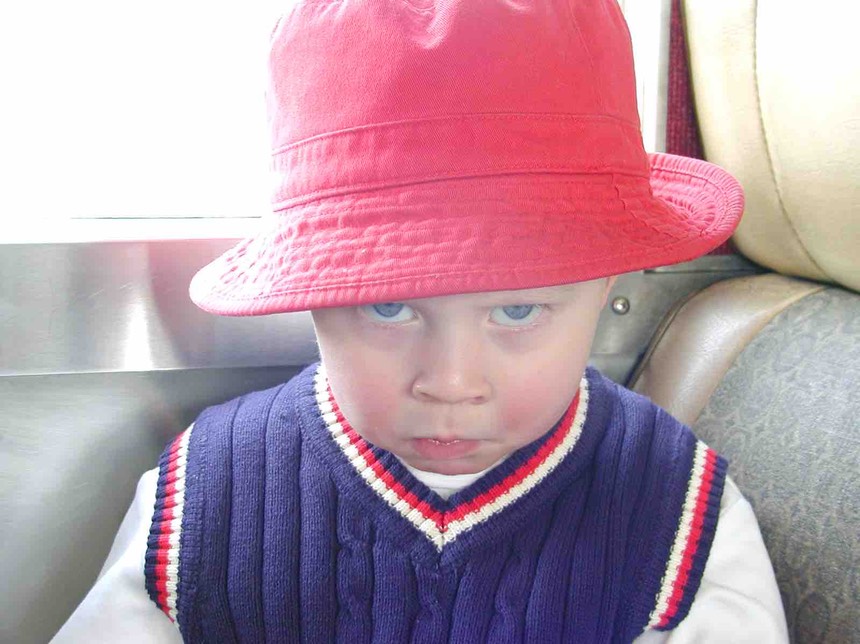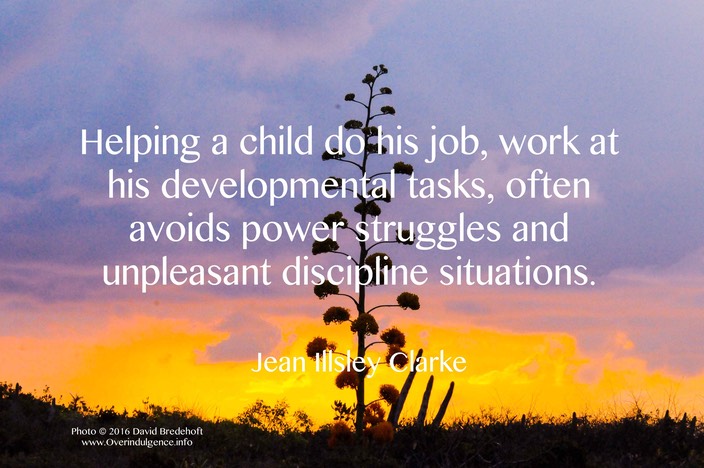KEVIN’S STORY (Click here to download a free copy of this blog)
Kevin’s dad wanted to be his four-year-old’s pal, but Kevin was getting more and more demanding and his dad was giving in more and more often. Kevin’s dad needed some advice about discipline.
A neighbor whose kids seemed to function well told him, “To discipline is to teach. When there is a discipline problem, the adult’s question is, what does this child need to learn? Part of the job of the four-year-old is to find a sense of his own identity, to explore different ways of being powerful, and to figure out how to get along with other people.”

Dad was thinking about the advice on their Saturday outing. The big slide at the playground, three books from the library, animal crackers at the grocery store, stories and laughter in the car, it was a fun-filled Saturday morning for Kevin.
After lunch, two books, and an up-and-down rest time, Grandma arrived, ready to join Kevin and his mommy for a trip to Huntsville. Kevin wrapped himself around his dad’s leg.
Kevin: Howling, I don’t want to go to Huntsville. I want to stay with my daddy.
I love my daddy.
Dad: Hey, buddy, what’s this about?
Kevin: Huntsville is no fun. I’m not going! More howling.
Dad: Firmly, Shape up and put your shoes on.
Kevin: More clinging, more howling.
Dad thought, What is the lesson he needs to learn? What is the job of the four-year-old? To learn who he is in relations to other people and to figure out ways to be powerful. His howling is powerful, but it’s not the method we want him to use. And it looks as if he still thinks his identity is wrapped up in being the center of the world. (Click here for more information about developmental tasks)
Dad: Squatting to meet Kevin’s eye level, Look at me. I have projects to do that do
not include you, but I’ll be here when you get home.
Kevin: Sobs.
Dad: Listen to me. Cousin Josephine is a family member and family members
help each other.
Kevin: Looks defiant.
Dad: You are a family member and today you get to help Josephine. She is in the
nursing home and there are no children there. Everyone needs to see children
(this offers Kevin a positive sense of identity) so you will help her just by letting
her see you (a way to be powerful).

Kevin: Tilts his head and his eyes widen.
Dad: Now, what can you take to her?
(Another way to be powerful.) Can
you take something to show her?
Could you draw her picture?
Kevin: Bops off and returns with the
fastest drawn abstract ever
created by an artist of any age.
Here!
Dad: Smiles, You’re learning how to be an important family member who helps other
family member!. I expect Cousin Josephine is looking forward to seeing you.
Grandma: I have some things to give to Josephine. Kevin, I hope you will help me by carrying
one of the bags. (Another way to be powerful.)
Kevin: I will.
Dad: Get your shoes.
As Kevin left the house he managed one more woeful look at his dad, but on the way to Huntsville, he soon retrieved his cheerful self and started his questions: What is a nursing home? What do they do there? Why is Josephine there? Why aren’t there any kids there? Are we almost there?
Helping a child do his job, work at his developmental tasks, often avoids power struggles and unpleasant discipline situations.
There is more help about avoiding overindulgence in How Much is Too Much? Raising Likeable, Responsible, Respectful Children – From Toddlers To Teens – In An Age of Overindulgence (2014, DaCapo Press Lifelong Books).
Photos by David Bredehoft and from MorgueFile free photo.


